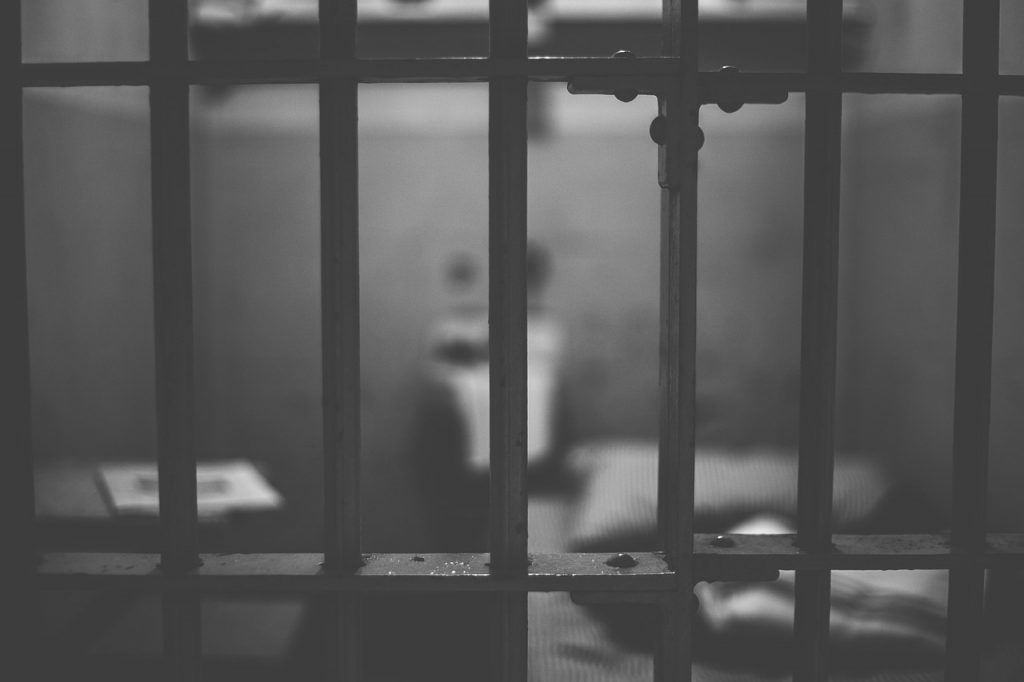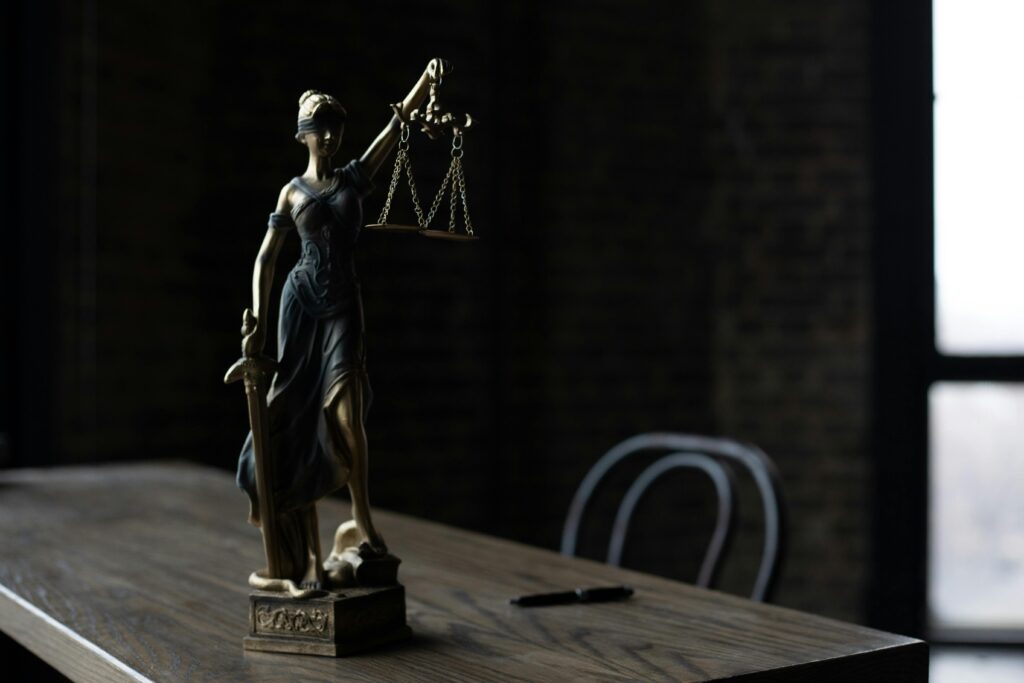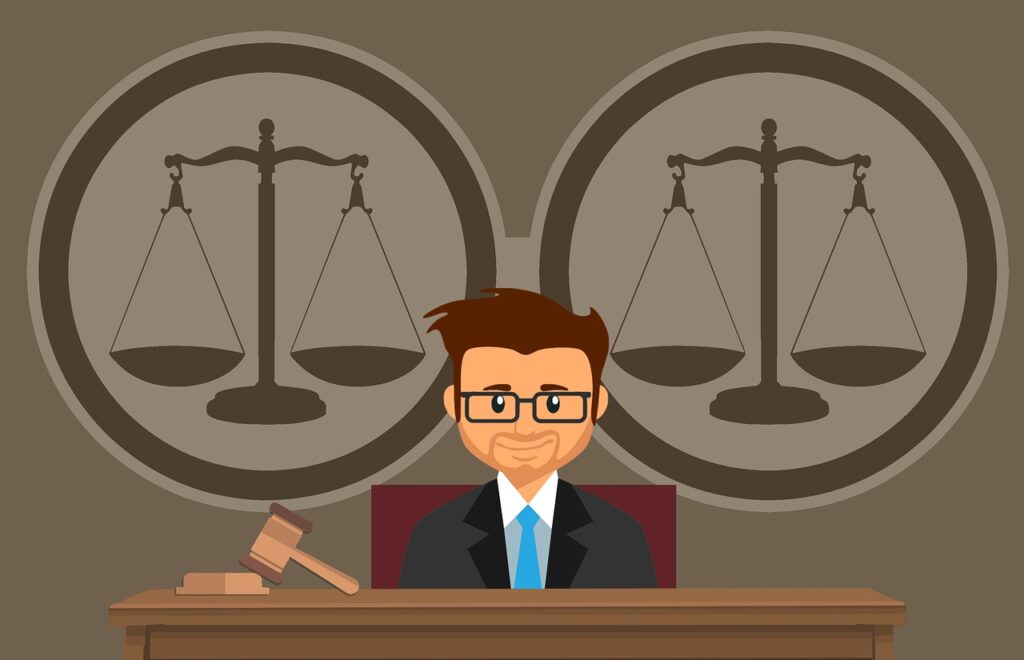Published On: October 31st 2025
Authored By: Chetna Sharma
IIMT University, Meerut
Abstract
People say wars bring victories and defeats but is it all? What about the blood, Cries of children? Bodies that were once dreaming of the life now just bodies. People say wars bring honor, A chance to protect, Revenge, Repay. Wars leave legacy, A story of the brave but what about the stories that were never heard? Do they don’t exist? If they do, why honor to those heard and none to who were forgotten. Irony. What about the bodies who never asked for war, never participated just become the pages of burning book of honor in the history. History speaks for itself. Civilians are the first targets, children forced to fight. Human empathy, kindness, decency crumbles under the casualties of Wars. The ICC created under the Rome Statute in 1998 build on the hope and belief maybe accountability can exist even in war. This article explores how ICC protects the Human Rights even in the war punishes the criminals. This article shows the how the international human rights law and humanitarian law works together at the times of the gruesome wars in order to protect human rights with examples, A Legacy. At the same time, it also explores the drawbacks that ICC system has or encounter. This article explores the limits as well as provide the solution that can help tackle the challenges. In the end the ICC has not solved everything but its role signifies something. A Center, even in the gruesome war’s humanity is not lost entirely, not enough but something.
Introduction
The war, the only word that is enough to fill the whole country with a series of negative emotions. From anxiety to despair, it all starts from somewhere. Even the world is not safe from these emotions. For generations we heard the stories, legends from the older generations learn about them in our schools, college and even in our daily life. The Horrors of the wars. The armed conflicts are always on the center of these stories with zero to no regard for the human rights and decency. Massacres of civilians, recruitment of child soldiers, sexual violence and the destruction of communities. History speaks for itself; law is often the first casualty. In 1998, the international community such as the UN and the world bank took notice and created mechanisms to impose accountability, finally in the establishment of the International Criminal Court (ICC) in 1998.
The ICC is like a permanent discipline office always there to punish those who commits the offense. It also declares and ensures that violations of human rights in armed conflicts will not go unpunished. It’s always there, Watching.
This article examines the ICC’s role as a guardian of human rights in armed conflict. It begins with framework of human rights and humanitarian law, then figures how ICC works with appropriate case laws and finally it shows the challenges and the pros and cons of the court.
Human Rights in Armed Conflicts: Normative Framework
Human rights and humanitarian law although two different laws but sets rules to protect people from harms. IHRL the International Human Rights Law applies all the time. It protects people from slavery, torture and grants individuals to live a healthy long life without any threats. Even during emergencies, derogations are allowed only to a limited extent, and certain rights remain non-negotiable.
On the other hand, IHL the International Humanitarian Law, The Law of the War Zones.
A specific set of extra rules that only turn on when an armed conflict starts. It applies specially during the war. It focuses on specific groups like the people who aren’t fighting civilians and the prisoners of war.
At the times the ongoing wars these two rules apply together to support and protect the destress people of the country. If the two laws come across each other the one that offers the most protection will be applied.
The International Criminal Court: Structure and Jurisdiction
The founding document and the rulebook of ICC which was created by the treaty of the Rome Statute [1998] on July 1, 2002 declares ICC as the first permanent international criminal tribunal. The Rome statute gave the ICC the power of make judgment over the most well-known serious crimes like genocide. War crimes, As the main focus.
Just as everything else, The ICC has its own limitation. ICC can only make decisions to the crimes that has been committed on a particular countries’ territory or by a particular nation unless it is referred by the United Nations Security Council.
The ICC consist of four organs: the Presidency, the Judicial Divisions, the Office of the Prosecutor, and the Registry. Together, they investigate, Act, and Resolve cases involving serious violations of international law.
ICC’s Role in Protecting Human Rights in Armed Conflicts
ICC is famous for holding individuals accountable rather than the country itself. The ICC holds personal accountability in high regard by holding commanders, political leaders, criminals accountable. The ICC declares that even in the gruesome situations such as war the Human Rights violations are punishable.
Case Laws
The Court has protected the human rights in armed conflicts as illustrated through the following examples
- Prosecutor v. Thomas Lubanga Dyilo (2012): The ICC arrested the defendant for his crimes of recruiting Childers under the age of 15 in armed forces. His actions as the militia head of the Congolese region have proven that children are to be protected from becoming tools of war.
- Prosecutor v. Bosco Ntaganda (2019): The defendant was arrested for committing 18 different kinds of war crimes including the crime against Humanity, rape and slavery etc. This case provided the Court the ability to showcase its willingness to fight against sexual and gender-based violence in times of war.
- Prosecutor v. Omar Hassan Ahmad al-Bashir: The Court has issued arrest warrants against the sitting president of Sudan for conflict-related violence in Darfur constituting genocide, war crimes and crimes against humanity. Although this case serves as the first of its kind, this has only historical importance as the head of state was not immune to such charges, to show that political power does not protect one from mass violence acts.
- Detention and the Court’s Activity: The Court has lately focused its attention to the violence that is happening in Ukraine and Palestine, as Kuwait has begun investigations into Iraq relating to the crime of cross border aggression constituting a war.
Challenges Facing the ICC
Limitations, Like every law and power body the ICC has its own limitations, boundaries that were made knowingly or Unknowingly for several reasons. One of the most popular reasons are none other than the prevent of misuse of the law and the separation of power but now these very limitations have become hindrance. Major world powers like USA, Russia, China are not the members of the Rome Statute. These limits restrict the court in involving itself in the conflicts of these states or their allies. This proves how unreliable history can be on the matter of the ICC lacking its own enforcement mechanism and reliant on the cooperation of state parties.
- Political Resistance: Another setback of the ICC is its selective Justice and accusations of bias against African states. Mass withdrawal and criticism are common for ICC.
- Procedural Delays and Resource Constraints: Additionally, The ICC has been criticized several times for their slow proceedings taking years and delaying justice for decades with limited resources and budget. They didn’t turn out as the world expected.
- Lack of Awareness: Many member Nation civilians remain unaware of their right and continue to suffer specially in the conflict zones. Even those who are aware remain still as they have lacked the means to engage effectively in proceedings.
The Way Forward
In order for the ICC to work efficiently in protecting Human Rights, they must take serious measures in moving forward.
- Corporation: The states must take the court seriously and corporate with best of its ability, including the fulfillment of arrest warrants.
- Burden of sharing: Mechanism Assisting ICC would help lower the burden of the organization.
- Efficiency: Expand participation of victims in proceedings and spread awareness about the human rights in the times of war.
- Norms: Spread the norms of the rule of law to other countries and expand influence and members.
Conclusion
In defending the war in armed conflicts, the protection of people’s right is culture of modern civilization is of highest importance. Though limited, the ICC has been the mechanism that, on some level, has brought importance to the saying that ‘mass atrocities will not go unpunished’ as the Court has been able to prosecute those ‘untouchables’ politicians on the indictment list. In particular, ICC has been able to show in its rulings that impunity is the same for all in the indictment provided that the politician is currently in office.
Still, in every single Court’s step there is difficulty because of the limitation of jurisdiction, domestic, politics, the lack of enforcement, and insufficient resources for international criminal justice. In contrast, armed conflicts remain the main part of the war. the human rights which are broken during these conflicts are the reason for the existence of the court.
The court is to be the ‘untouchables’ tribunal. It has to dispense collision of rules which arise during war. Even during the war, the court is to remain as the last word in the protection of human rights. In these days, there is no better proof that the humanity of people is in the war, their lose life and dignity rather, their sick has remains unboken.
References
1. International Covenant on Civil and Political Rights, Dec. 16, 1966, 999 U.N.T.S. 171.
2. Rome Statute of the International Criminal Court art. 5, July 17, 1998, 2187 U.N.T.S. 90.
3. Prosecutor v. Thomas Lubanga Dyilo, Case No. ICC-01/04-01/06, Judgment (Mar. 14, 2012).
4. ICC, Situation in Ukraine, investigations opened Mar. 2, 2022 (on file with ICC).
5. Prosecutor v. Omar Hassan Ahmad Al-Bashir, Case No. ICC-02/05-01/09, Warrant of Arrest (Mar. 4, 2009).
6.William A. Schabas, An Introduction to the International Criminal Court 41 (6th ed. 2020).
7. Carsten Stahn, The International Criminal Court at Twenty: Reflections on Progress and Prospects, 112 Am. J. Int’l L. 425, 429 (2018).
8. David Bosco, Rough Justice: The International Criminal Court in a World of Power Politics 119 (2014).
9. Reporters Without Borders, ICC includes crimes against journalists in investigation into Palestine, Jan. 5, 2024 (on file with RSF).



